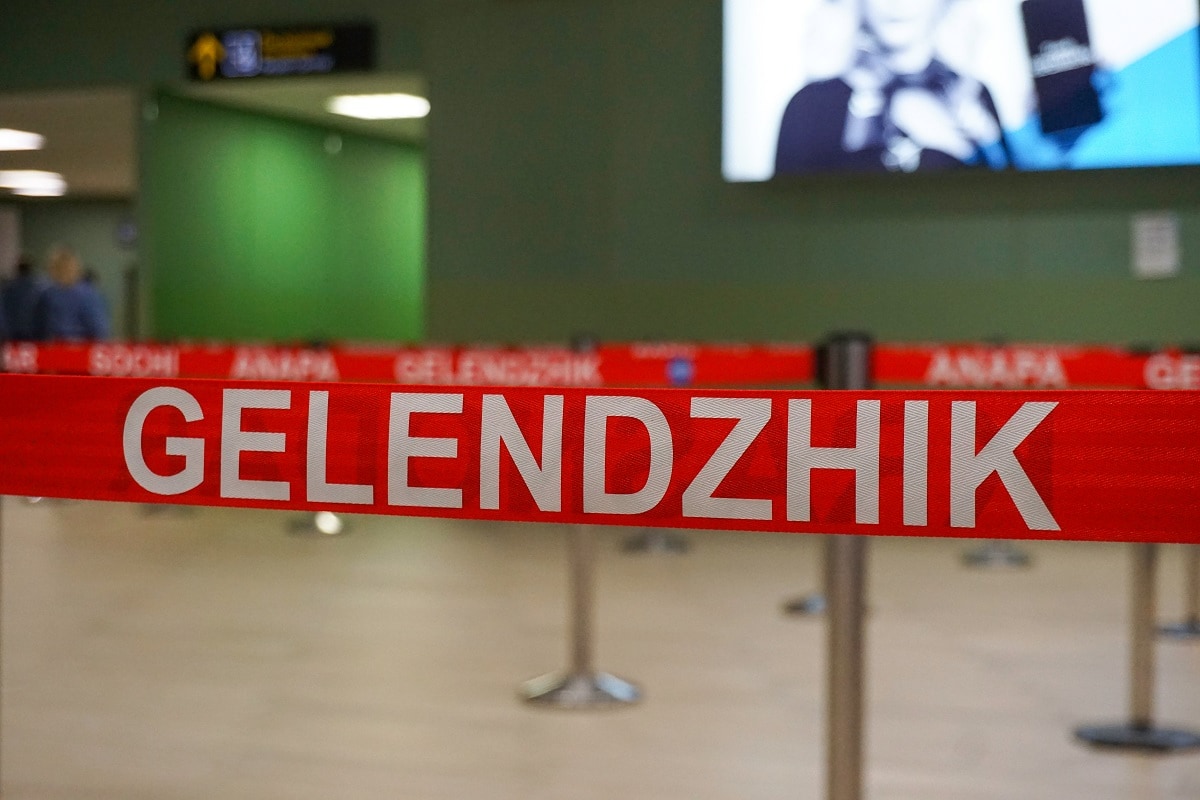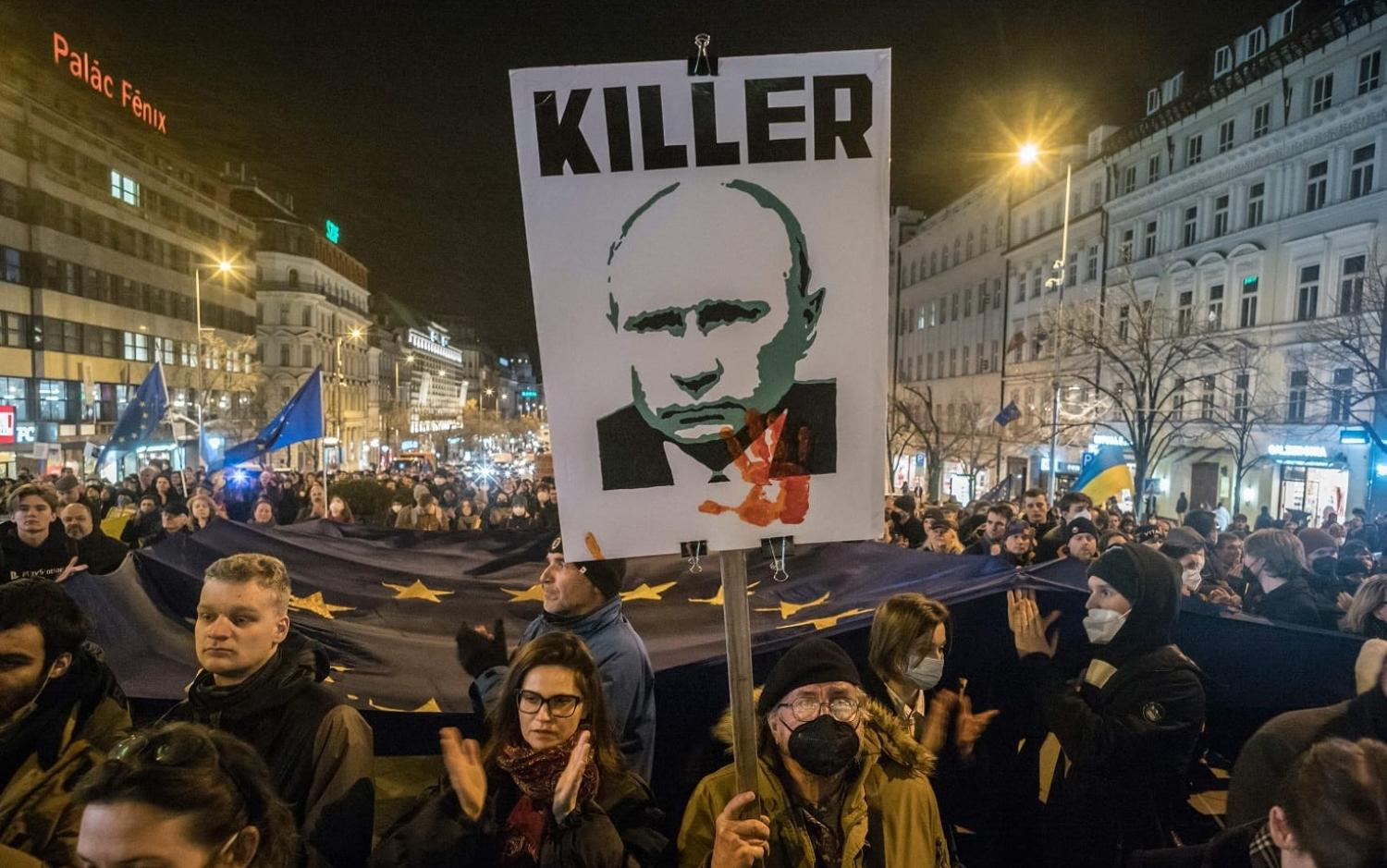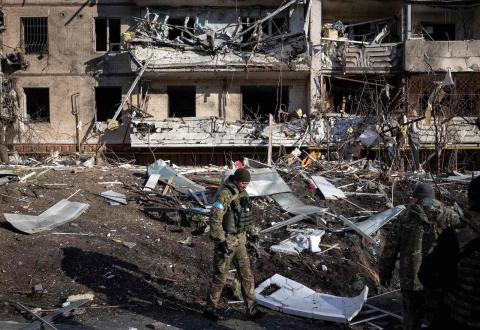No event since the end of the USSR has shaken the global order as violently as Russia’s war against Ukraine. The trampling of international norms, the devastation of cities, the massacres of civilians, the flight of millions of refugees, and the possibility of a nuclear catastrophe, are all consequences of Vladimir Putin’s decision to unleash his “Special Military Operation” on 24 February this year.
What remains less clear are the motives behind that decision. For more than a decade, Western debate around the sources of the Kremlin’s aggression has been polarised between those analysts who blame the West for expanding NATO into Russia’s backyard (John Mearsheimer as a leading example), and others pointing to the ideological evolution of Putin’s authoritarian regime as it embraced illiberal nationalism and imperialist ideologies (Michael McFaul for instance).
Despite their differences, these opposing schools of thought share a common assumption. Both accept the Kremlin’s public rhetoric, whether about realpolitik or civilisational conflict, at face value. Both treat Putin as a sincere defender of Russia’s national interest, as he understands it. In different ways, both substantiate the central contention of Kremlin propagandists that the war in Ukraine was part of a broader conflict between Russia and the West.
What was ignored in this debate was the internal struggle in Russia. Neither camp had anything to say about the survival strategies of an ageing kleptocratic dictator. This blind spot was recently illuminated by Samuel Greene, a political scientist at King’s College London, who argued that Putin’s war in Ukraine was about regime security, not national security. In other words, Putin’s paramount concern was staying in power, not external threats.
As the possessor of the world’s largest arsenal of nuclear weapons, Putin never had reason to fear NATO enlargement or foreign invasion. But he had a lot to fear about regime security. From the protest movement of 2011–12 to the Navalny-inspired agitation of 2017–20, Putin’s rule has been shaken by a succession of challenges on the streets.
What makes regime security a problem is Putin’s record as a kleptocrat. From his days in the St Petersburg mayor’s office to four terms as president, Putin has amassed grotesque amounts of wealth, certainly tens of billions of dollars.

This abuse of power for personal enrichment is a fact of political consequence. On a fundamental level, kleptocracy means that the interests of the ruling elite and the interests of the state diverge. Throughout his career, Putin and the people around him have looted the state that they claim to be defending.
In practical terms, this has two consequences. The first is that kleptocrats such as Putin cannot surrender power. To do so, means imprisonment or worse. As a result, kleptocrats are prepared to do almost anything to stay in power, which includes poisoning political opponents with banned nerve agents and starting unprovoked wars.
The second consequence of kleptocracy is a legitimacy deficit. If you steal billions from your own people, your opponents will denounce you as a traitor. They will contrast the luxury of your palaces and yachts with the inadequate housing, the dilapidated infrastructure, and the poor medical services that impoverish the lives of ordinary citizens.
Kleptocrats respond to this criticism by becoming superpatriots. They assume the mantle of defenders of the nation. They employ radical nationalists as propagandists. They vilify their opponents as pawns of foreign powers. When they are challenged at home, they lash out at foreign enemies. In short, they change the narrative.
From the outset, Putin’s anti-Westernism was driven by the imperatives of regime security, not national security. When his ascendancy was threatened by pro-democracy agitation inspired by Ukraine’s orange revolution, Putin unleashed his “preventive counter-revolution”, a program of measures organised around the idea that the West was plotting to subjugate Russia by mobilising neo-Nazis. This conspiracy theory was central to the ideology of “Nashi”, the Kremlin’s “anti-fascist” youth movement, which staged rallies against “Western colonisers” and claimed that Putin’s political opponents were fascists and fascist sympathisers. In different ways, it justified Russia’s cyberwar against Estonia in 2007, the war against Georgia in 2008 and the invasion of Ukraine in 2014.
The most blatant example of Putin’s preference for regime security over national security was his response to the 2012 US Magnitsky Act. Inspired by the fate of the whistleblower Sergei Magnitsky, who died of maltreatment in prison after exposing the theft of $230 million from the Russian state, the Magnitsky Act promised to bolster Russia’s national security. But it represented a dangerous precedent for Putin the kleptocrat, who was still reeling from protests against election fraud by demonstrators chanting “Putin is a thief!” To demonstrate his displeasure with this groundbreaking anti-corruption initiative, Putin unleashed a massive anti-American propaganda campaign that has continued to this day.
The same reflex shaped Putin’s response to the Panama Papers, which exposed the role of his close friend, the cellist Sergei Roldugin, as his suspected bagman in a network of transactions worth hundreds of millions of dollars. Putin retaliated by ordering Russia’s intervention in the 2016 US Presidential election, a risky move for the Russian state but a predictable one for an embarrassed kleptocrat.
If the Panama Papers offered a glimpse of the inner workings of Putin’s kleptocracy, it was the “Navalny Crisis” that demolished the dictator’s legitimacy. The use of a banned chemical weapon to poison Aleksei Navalny, Russia’s most popular opposition politician, exposed Putin’s criminality to the world.
The damage was compounded by Navalny’s retribution. In A Palace for Putin, a two-hour documentary film, Navalny told the story of Putin’s degeneration as he amassed power and wealth. As he explained the succession of corruption schemes that culminated in the grotesque “dictator kitsch” palace at Gelendzhik, Navalny drove home the point that Putin had betrayed his own people. Viewed over 125 million times, the film is the most watched Russian-language video on YouTube.
At home, Putin contained popular outrage with a brutal crackdown. But on the international stage, he was a pariah. Unlike his predecessors, Joe Biden began his presidency by labelling Putin “a killer”. Putin responded by staging his first massive military build-up around Ukraine.
That display of aggression forced Biden to meet the pariah-president, but it could not undo the damage of the Navalny Crisis. Exposed as a kleptocrat, his legitimacy draining away, Putin made one last attempt to change the narrative with another short victorious war. Instead, he precipitated a catastrophe that will surely destroy his regime.

